When COTA's Coach Chic steps onto the pool deck, he brings years of swimming and coaching experience with him. As his swimmers push off to begin practice, they know their workout is the result of his careful planning and deep insight into the sport of swimming. Here's a summary of Coach Chic's coaching philosophy.
Swimming
Question: Technique training is important in your workouts. Why?
Coach Chic: Technique is key for almost anything an athlete does. Poor technique gets you poor results. In swimming it’s not always the biggest and strongest who win. No matter how hard a swimmer trains, technique will always be the leading factor in determining what they were and what they could have been. Technique determines a swimmer's maximum speed in the water. Endurance determines how long a swimmer can sustain maximum speed. Controlled breathing patterns combined with good technique during training will always make you a faster swimmer than you would have been otherwise.
Question: Why is racing important to a swimmer's development?
Coach Chic: Racing is important because it allows swimmers to test their training and see where they stack up. In practice, swimmers can’t train on intervals that are faster than their race pace. So swimmers need to race and drop time so they can aim for the faster interval in training. A swimmer's improvement is determined by his or her ability to race and drop time—that is, become faster.
Without racing, training becomes repetitive, it becomes harder to set goals, and athletes can lose motivation.
Dryland
Question: How does dryland training fit into a swimmer's overall development?
Coach Chic: Dry land is important to a swimmer's development because it changes the routine workout load for the body. Dryland training also adds to the overall strength of the muscles. Resistance training like swimming builds muscle to up a point, but then it starts burning fatty tissue and can adversely affect muscle tone. The fastest and most efficient way to increase a body's power is through exercising out of the water on dry land—thus the term dryland training.



